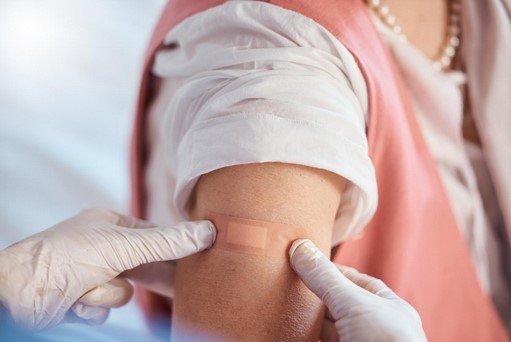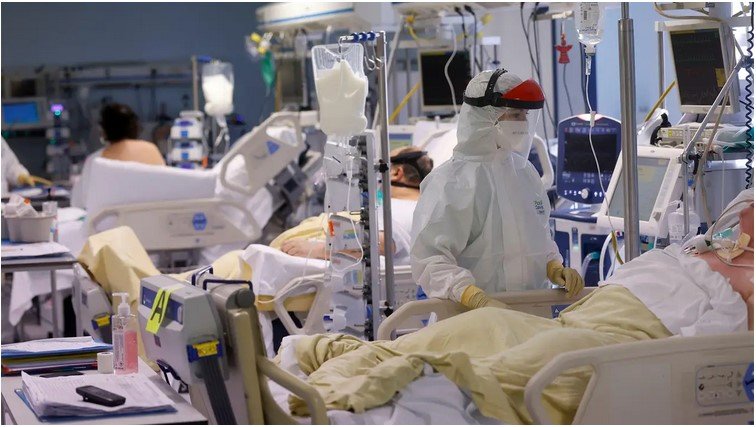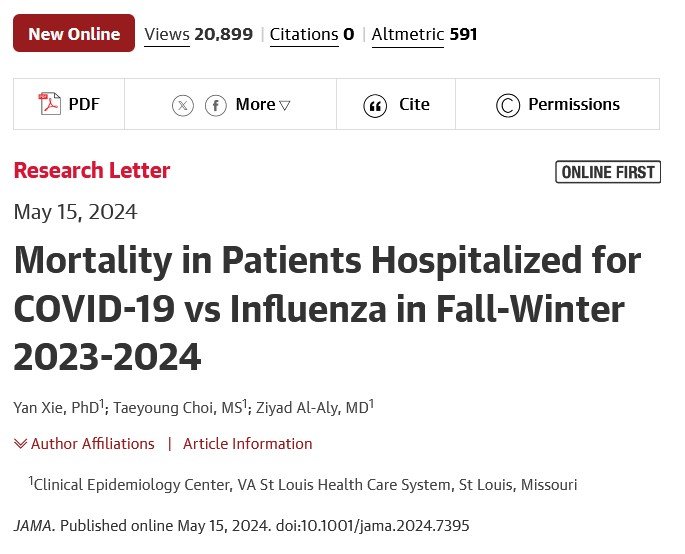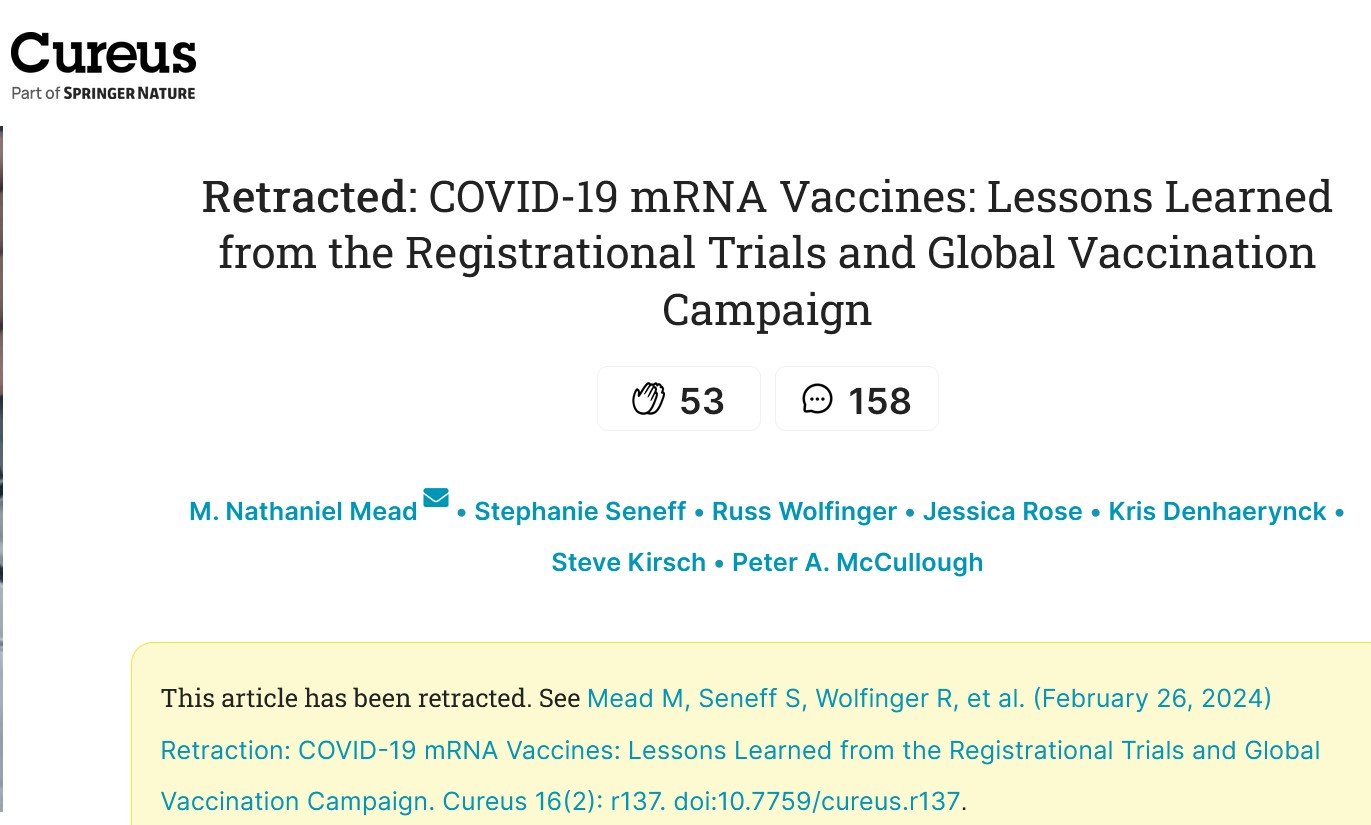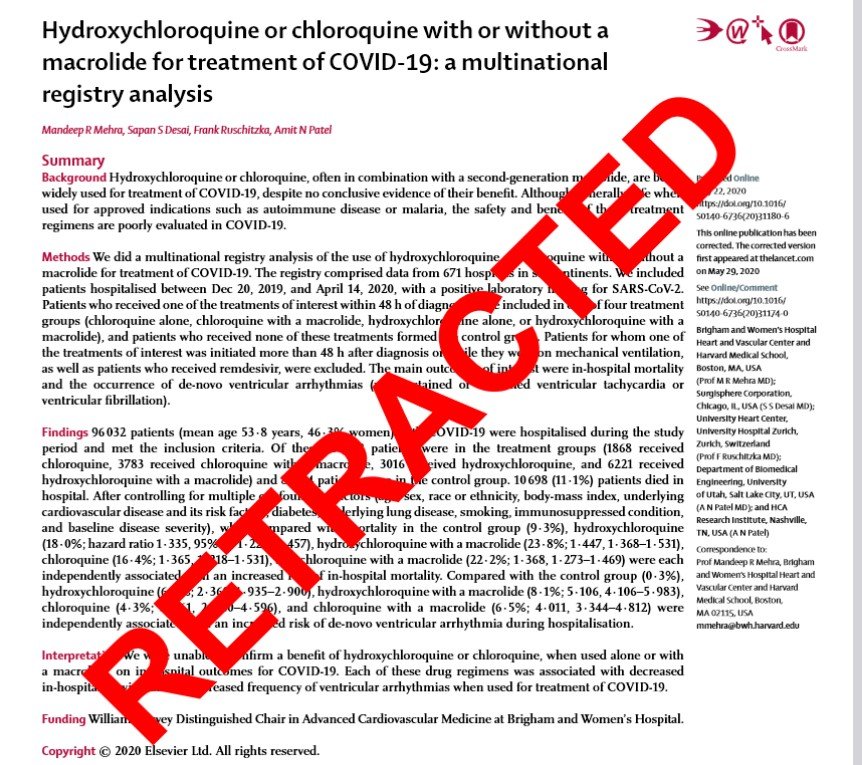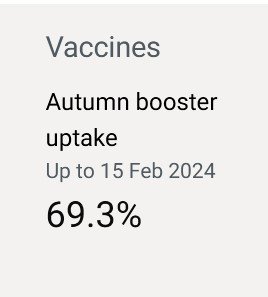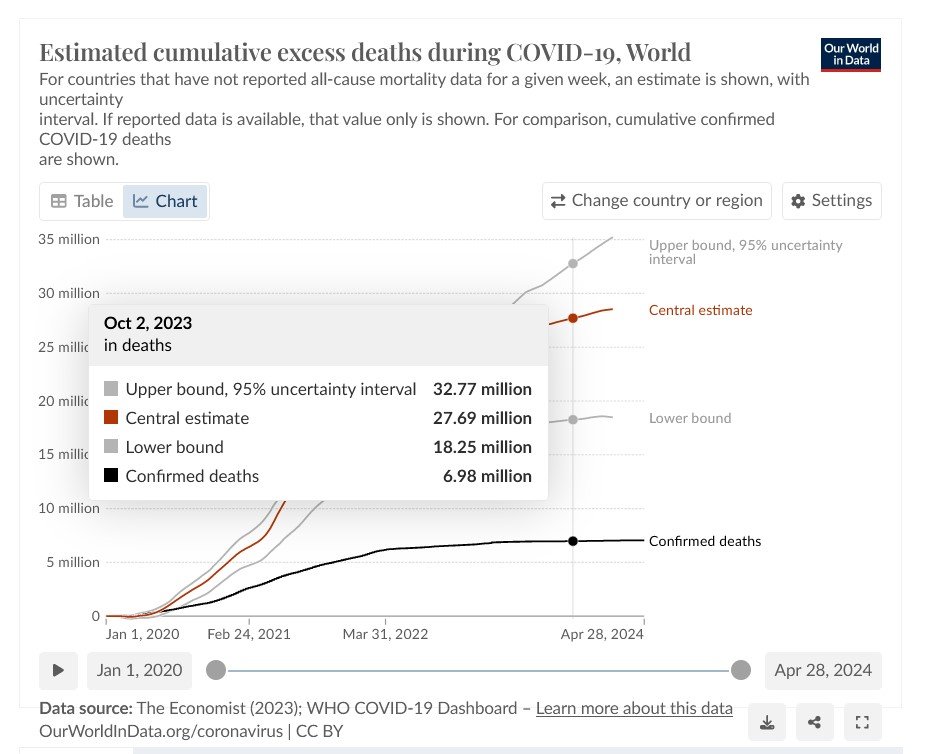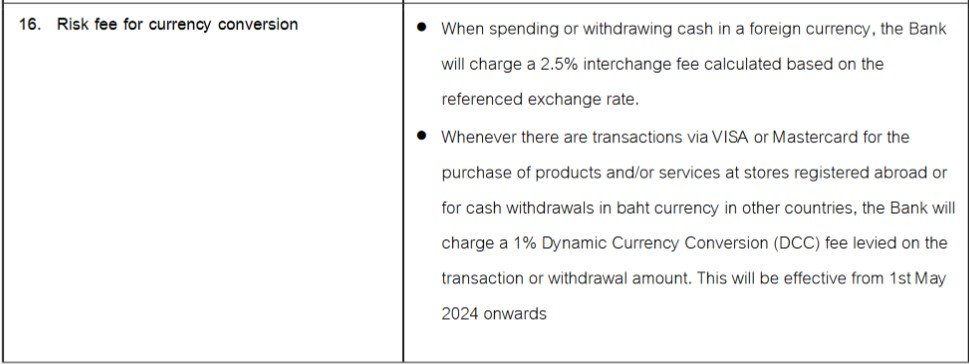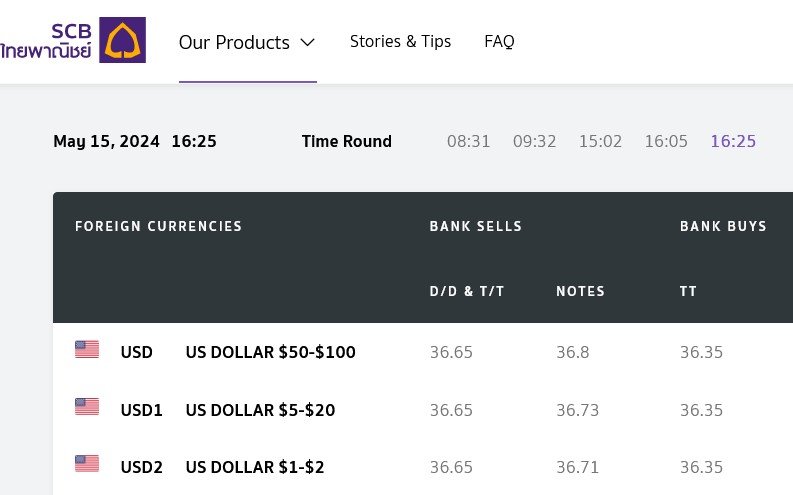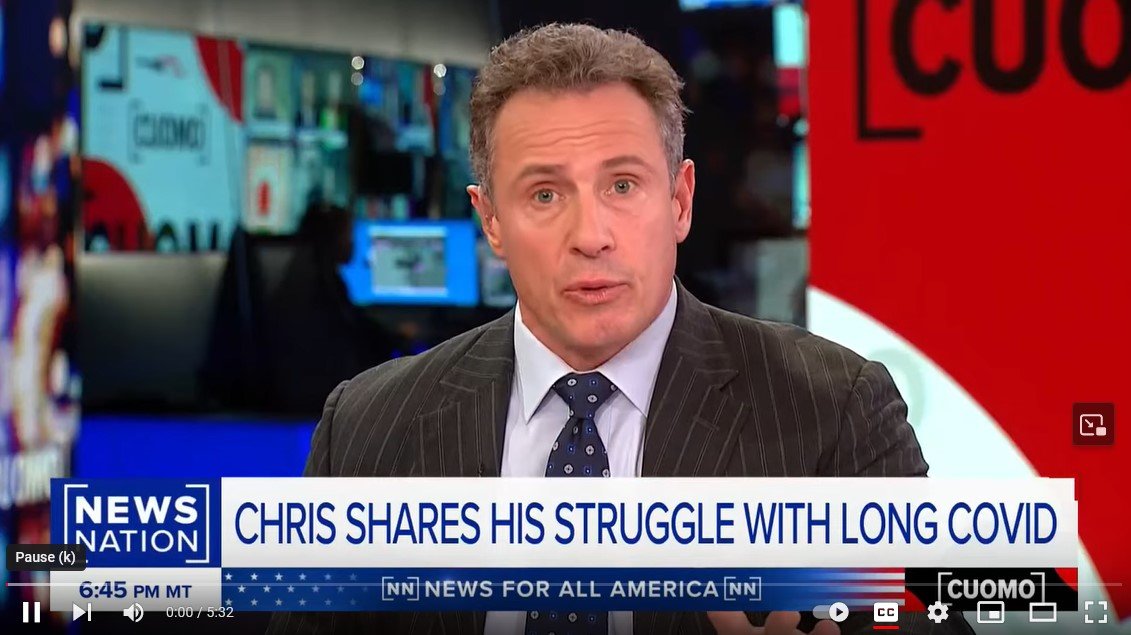-
Posts
35,423 -
Joined
-
Last visited
Content Type
Profiles
Forums
Downloads
Everything posted by TallGuyJohninBKK
-
That was the same with me two years ago... I had brought my retirement extension deposits bankbook with me and the linked ATM card, just in case, even though I had no reason at that time to expect I'd need them for doing a passport stamps transfer.... Had I not followed my eternal approach to dealing with BKK CW documentation -- better to be safe than sorry -- I would have ended up with a wasted trip that day and then would have had to return the next day with my bank stuff in hand. Thanks for confirming the ongoing presence of that unfortunate policy of theirs.
-
Jack, when you had BKK CW transfer your stamps into the new passport recently, did they require you at the time to provide documentary evidence of your Thai bank account deposit having remained above the 800K requirement or of monthly foreign transfers? BKK CW was doing that, much to my surprise, when I went there to handle the transition my new passport about two years ago. At that time, an IO and her supervisor informed me that was going to be their new policy from then on.... But don't know that I've seen much on the topic since then.
-
All-cause mortality among patients with heart failure. The study topic was aimed solely at that limited population -- those with heart failure. Thus was most of interest to doctors who treat those patients, e.g., the European Society of Cardiology, where the research was just presented. But the research has already been reported in multiple other sources, such as: https://cosmosmagazine.com/health/heart-patients-improve-with-covid-jabs/ https://www.miragenews.com/covid-19-vaccine-boosts-lifespan-in-heart-1232898/ https://jang.com.pk/en/11567-covid-19-vaccine-boosts-survival-rate-in-heart-patients-study-news etc etc. Meanwhile, it's interesting that a similar study and findings were reported out of the UK earlier this spring: COVID Vaccines Reduce Risk of Heart Failure, Clots March 18, 2024 – By now, most of us have heard the benefits of getting a COVID-19 vaccine, like the reduced risk of serious illness should you get a COVID infection and a significantly lowered chance of hospitalization or death should you get sick. Now, there may be another benefit to add: Getting a COVID shot may also help reduce the risk of heart failure. That's according to researchers from the University of Oxford in England, who found that people who got COVID-19 vaccines had a reduced risk of heart failure, compared to people who didn’t get vaccinated. The protection lasted up to a year and also lowered the chance of experiencing heart inflammation and some types of blood clots. The findings were published this month by the journal Heart. (more) https://www.webmd.com/vaccines/covid-19-vaccine/news/20240318/covid-vaccines-reduce-risk-heart-failure-clots
-
The announcement of the study findings indicated they picked their unvaccinated and vaccinated study participants in a way that controlled for confounding factors: "The study included 651,127 patients aged 18 years or older with heart failure. The average age was 69.5 years and 50% were women. Of the total study population, 538,434 (83%) were defined as vaccinated and 112,693 (17%) as unvaccinated. To control for factors that could influence the relationship between vaccination status and outcomes, the researchers performed 1:1 matching of vaccinated and unvaccinated patients according to age, sex, other health conditions (e.g. high blood pressure, diabetes, high cholesterol, etc.), income, and region of residence. This resulted in 73,559 vaccinated patients and 73,559 unvaccinated patients for the comparative analyses. https://www.eurekalert.org/news-releases/1043942 But I understand from your comments earlier in the thread and your above-quoted remark, you seem to be looking for any reason to think that the study didn't really find what it really found. To wit, during the months the heart failure patients were tracked: "Vaccination was associated with an 82% lower risk of all-cause mortality,7 47% lower risk of hospitalisation for heart failure,8 and 13% reduced risk of COVID-19 infection9 compared with no vaccination. Regarding cardiovascular complications, vaccination was associated with significantly lower risks of stroke, heart attack, myocarditis/pericarditis, and venous thromboembolism compared to no vaccination."
-
Virtually all the studies done on the effectiveness of COVID vaccines from Omicron onward have shown that they're far more effective in keeping people out of the hospital and helping prevent them from dying from COVID.... and less effective in merely preventing infections... That makes the findings of the current study entirely consistent with those that have preceded it. You're sniffing up the wrong tree. The OP article, btw, also mentions that the findings of this latest study also are in line with those that have preceded it. From the OP: "Previous studies have shown that COVID-19 vaccination is safe in patients with cardiovascular diseases such as heart failure and that COVID-19 outcomes tend to be more severe in patients with the condition."
-
The first study of COVID-19 vaccine effectiveness in a large population of adult heart-failure patients suggests that vaccinated participants are 82% more likely to live longer than their unvaccinated peers, according to an analysis presented over the weekend at the Heart Failure 2024 scientific congress of the European Society of Cardiology (ESC) in Lisbon, Portugal. More than 64 million global heart-failure patients Researchers from the National Health Insurance Service Ilsan Hospital in Goyang, South Korea, analyzed information on vaccinations and clinical outcomes among 147,118 heart-failure patients from the Korean National Health Insurance Service database, which covers nearly all Koreans. ... 47% lower risk of hospitalization for heart failure Relative to one or no vaccination, COVID-19 vaccination was tied to an 82% lower risk of death from any cause, a 47% lower risk of hospitalization for heart failure, and a 13% reduced risk of infection over 6 months. Vaccination was also linked to significantly lower risks of stroke, heart attack, myocarditis/pericarditis, and venous thromboembolism. (more) https://www.cidrap.umn.edu/covid-19/data-heart-failure-patients-have-82-better-odds-living-longer-if-vaccinated-against-covid
-
COVID-19 Misinformation Persists, 4 Years After Shelter-in-Place While people’s lives are largely free of the extreme public health measures that restricted them early in the pandemic, misinformation about vaccines and conspiracy theories are still around. ... Even before the first case of COVID-19 was detected in the U.S., fears and uncertainties helped spur misinformation’s rapid spread. In March 2020, schools closed, employers sent staff to work from home and grocery stores called for physical distancing to keep people safe. But little halted the flow of misleading claims that sent fact-checkers and public health officials into overdrive. Some people falsely asserted COVID’s symptoms were associated with 5G wireless technology. Faux cures and untested treatments populated social media and political discourse. Amid uncertainty about the virus’ origins, some people proclaimed COVID didn’t exist at all. PolitiFact named “downplay and denial” about the virus its 2020 “Lie of the Year.” Four years later, people’s lives are largely free of the extreme public health measures that restricted them early in the pandemic. But COVID misinformation persists, although it’s now centered mostly on vaccines and vaccine-related conspiracy theories. (more) https://www.usnews.com/news/health-news/articles/2024-04-01/four-years-after-shelter-in-place-covid-19-misinformation-persists
-
U.S. Veterans Affairs study finds 35% higher mortality rate in COVID hospitalized patients Patients hospitalized with COVID-19 were more likely to die than those hospitalized with influenza during the fall and winter of 2023-2024, according to an analysis of Veterans Affairs data. Among over 11,000 patients hospitalized for either illness during this past fall and winter, 5.7% of patients with COVID-19 died within 30 days of admission versus 4.24% of patients with influenza, reported Ziyad Al-Aly, MD, of the VA St. Louis Health Care System, and colleagues. After adjusting for variables, the risk of death in people hospitalized for COVID-19 was 35% higher (adjusted HR 1.35, 95% CI 1.10-1.66), the authors detailed in a research letter in JAMA. Al-Aly told MedPage Today that his group was actually surprised by the results. "We pretty much bought into the public narrative and drank the Kool-Aid like everybody, thinking that COVID is no longer [more deadly than the flu], although ... there was no data," he said. "But the verdict is out now, because we've analyzed the data from the 2023-2024 COVID season and clearly COVID mortality is still higher than the flu." (more) https://www.medpagetoday.com/infectiousdisease/generalinfectiousdisease/110126 https://jamanetwork.com/journals/jama/fullarticle/2818660
-
Hopefully they know this -- COVID is ongoing in the UK: https://ukhsa-dashboard.data.gov.uk/ PS - (the vaccine uptake rate cited above is for the fall 2023 UK vaccine campaign that had a main target population of those age 65 and above) https://www.gov.uk/government/news/jcvi-advises-on-eligible-groups-for-2023-autumn-booster
-
The reason why, IMHO, it would be best if BOTH groups were vaccinated is because.... Nothing is 100% effective. No vaccine has ever been 100% effective. The COVID and flu vaccines are not, and never have been 100% effective. But both substantially reduce your risk of getting seriously sick from and dying from those two respective viruses. That's the reason people get vaccinated. COVID-19 Vaccine Effectiveness February 1, 2024 What to know People who received the updated COVID-19 vaccine were 54% less likely to get COVID-19 during the four-month period from mid-September 2023 to January 2024. ... New CDC data show that the updated COVID-19 vaccines were effective against COVID-19 during September 2023 – January 2024, including against the different circulating virus variants such as JN.1 and XBB. Getting vaccinated now can help lower the risk of becoming infected with or dying from COVID-19. CDC recommends everyone 6 months or older receive the updated 2023-2024 COVID-19 vaccine. ... CDC recommends everyone 6 months or older get an updated COVID-19 vaccine. Vaccination remains the best protection against COVID-19-related hospitalization and death. Vaccination also reduces your chance of suffering the effects of Long COVID, which can develop during or following acute infection and last for an extended duration. https://www.cdc.gov/ncird/whats-new/covid-19-vaccine-effectiveness.html
-
You also have to wonder at some of the COVID policy decisions being made in the UK these days.... For example, nursing home occupants are a priority target for receiving government provided COVID vaccines. But the staff who work in those nursing home are specifically excluded from the government COVID vaccines program, even though they spend their workdays around COVID vulnerable people... What about residents, and staff in care homes? "Those who are a resident in care homes for older adults are also eligible. Carers and staff in care homes are not eligible, this is because the spring vaccine is targeted towards providing protection to those most vulnerable to severe disease." https://ukhsa.blog.gov.uk/2024/04/16/whos-eligible-for-the-2024-covid-19-vaccine-or-spring-booster/
-
That number/share is just the number of UK HCWs who chose to get (or not get) a COVID vaccine in the government's semi-annual (twice a year) COVID vaccination campaign last fall. It doesn't tell how many of those folks got vaccinated months before in the spring, or how many will get vaccinated in the coming weeks for the spring 2024 UK COVID vaccination campaign. It also doesn't tell WHY those who didn't get vaccinated chose not to... Perhaps because a lot of staff HCWs tend to be among younger age groups, and the UK government increasingly has only been targeting the elderly for government provided COVID vaccines. One thing I do know -- prior news reporting has indicated that somewhere around 90% of the UK's government health care workers have been COVID vaccinated with either their first and/or second vaccine doses. Per the BBC from 2021: Covid-19: Vaccinated NHS staff numbers vary across England "In England, NHS data suggests 93% of eligible frontline staff have been vaccinated - equivalent to one million doses." https://www.bbc.com/news/health-56291564
-
Looks like the NSW government vaccination policy did a good job in helping protect both HCWs and their patients during the worst times of the pandemic. Because: "NSW Health staff have a vaccination rate of 98 per cent and the requirement has been in place since 2021." "Under the current [now rescinded] work health and safety framework, all NSW Health staff must have had at least two doses of a COVID vaccine unless they have a medical contraindication." https://www.abc.net.au/news/2024-03-26/nsw-health-covid-vaccine-requirements-healthcare-worker/103629276 And for those who didn't like it, at least they're likely mostly still around to be able to complain about it and see the latest change, unlike many other HCWs: "WHO estimates that between 80 000 and 180 000 health and care workers could have died from COVID-19 in the period between January 2020 to May 2021, converging to a medium scenario of 115 500 deaths1." Most of the above period of time being before COVID vaccines became widely available in the world starting in early 2021. https://www.who.int/news/item/20-10-2021-health-and-care-worker-deaths-during-covid-19
-
More "quality" research (Feb. 2024) from the COVID anti-vaxer world -- RETRACTED!: Paper claiming ‘extensive’ harms of COVID-19 vaccines to be retracted "A journal is retracting a paper on the purported harms of vaccines against COVID-19 written in part by authors who have had similar work retracted before. The article, “COVID-19 mRNA Vaccines: Lessons Learned from the Registrational Trials and Global Vaccination Campaign,” appeared late last month in Cureus, which used to be a stand-alone journal but is now owned by Springer Nature. (It has appeared frequently in these pages.) ... The senior author on the work was Peter McCullough, a cardiologist at the Institute of Pure and Applied Knowledge who lost his board certification after the American Board of Internal Medicine found he had “provided false or inaccurate medical information to the public.” https://retractionwatch.com/2024/02/19/paper-claiming-extensive-harms-of-covid-19-vaccines-to-be-retracted/ Retraction The Editors-in-Chief have retracted this article. Following publication, concerns were raised regarding a number of claims made in this article. Upon further review, the Editors-in-Chief found that the conclusions of this narrative review are considered to be unreliable due to the concerns with the validity of some of the cited references that support the conclusions and a misrepresentation of the cited references and available data. https://www.cureus.com/articles/203052-covid-19-mrna-vaccines-lessons-learned-from-the-registrational-trials-and-global-vaccination-campaign/retraction#!/
-
It might well have something to do with the fact that, as many posters here often proclaim, that the majority (but not all) of current COVID deaths and hospitalizations tend to occur among the elderly. Risks continue to be higher for older adults, infants, and people with pre-existing medical conditions "While COVID-19 hospitalization rates have declined across all age groups, certain groups continue to be hospitalized at higher rates, including older adults, infants, and people with underlying medical conditions or certain disabilities. During the first seven months of 2023, adults 65 years and older accounted for 63% of hospitalizations and 88% of in-hospital deaths from COVID-19." Meaning that 37% of US COVID hospitalizations during the cited period involved people under 65 years of age. https://www.cdc.gov/ncird/whats-new/changing-threat-covid-19.html
-
That was UK's autumn 2023 vaccination campaign, which peaked toward the end of last year as planned. They had a pause, and now just recently have begun their spring 2024 COVID vaccines campaign, as planned. It's the normal cycle in the UK. Timing of the spring booster You should be offered an appointment between April and June, with those at highest risk being called in first. https://www.gov.uk/government/publications/covid-19-vaccination-spring-booster-resources/a-guide-to-the-covid-19-spring-booster-2023 Covid booster jab to be offered this spring 7 March 2023 A spring booster vaccine against Covid-19 is to be offered to people at most risk of serious illness from the disease to protect them this summer. UK vaccine experts say it should be available to everyone over 75, care-home residents and anyone extremely vulnerable aged five and over. ... Prof Wei Shen Lim, JCVI chairman, said: "Vaccination remains the best way to protect yourself against Covid-19, and the spring booster programme provides an opportunity for those who are at highest risk of severe illness to keep their immunity topped up. https://www.bbc.com/news/health-64876657
-
Yes they did, and guess what, the terms "COVID" or "vaccines" don't appear anywhere in the article, not even once...even though they should! (as detailed below) In fact, the article talks about "paper mill" operations faking papers and selling authorship rights generally in low-quality or "pay for play" journals where a payment gets one published. Exactly the kind of journal articles with fake science that a lot of anti-vaxers and COVID deniers have exploited during the pandemic. From the WSJ report: "The mill then submits the work, generally avoiding the most prestigious journals [emphasis added] in favor of publications such as one-off special editions that might not undergo as thorough a review and where they have a better chance of getting bogus work published. ... Researchers say they have found them in multiple countries including Russia, Iran, Latvia, China and India. The mills solicit clients on social channels such as Telegram or Facebook, where they advertise the titles of studies they intend to submit, their fee and sometimes the journal they aim to infiltrate. " https://archive.ph/5k8nI#selection-2579.0-2579.201 That is NOT the kind of credible, often peer-reviewed COVID and COVID vaccine research that generally is cited here, typically from credible journals and done by veteran researchers from major universities. Rather, it's more often anti-vaxer and COVID denier junk like this: Column: Why anti-vaxxers are pretending a flawed study on vaccine deaths has been vindicated "my email inbox started filling up with the curious news that a long-discredited and retracted paper claiming that the COVID vaccines had killed nearly 300,000 Americans had been “reinstated.” It did not take long to determine that the truth was, no, not really. But the sudden appearance of this claim and its rapid spread across the anti-vaccine ecosystem speak volumes about how “bad papers written by antivax ideologues designed to promote a narrative that vaccines are dangerous and/or ineffective ... never die,” to quote the veteran pseudoscience debunker David Gorski." https://www.latimes.com/business/story/2023-10-24/no-anti-vaxxers-this-flawed-and-retracted-study-of-vaccine-deaths-hasnt-been-reinstated AND Retraction: Walach et al. The Safety of COVID-19 Vaccinations—We Should Rethink the Policy. Vaccines 2021, 9, 693 The journal retracts the article, The Safety of COVID-19 Vaccinations—We Should Rethink the Policy [1], cited above. Serious concerns were brought to the attention of the publisher regarding misinterpretation of data, leading to incorrect and distorted conclusions. The article was evaluated by the Editor-in-Chief with the support of several Editorial Board Members. They found that the article contained several errors that fundamentally affect the interpretation of the findings. https://www.ncbi.nlm.nih.gov/pmc/articles/PMC8262594/ AND https://www.thelancet.com/pdfs/journals/lancet/PIIS0140-6736(20)31180-6.pdf And on and on and on....
-
Predictably, you've posted long out-of-date info for the U.S. from a more than two month old article. The most recent current info (May 10) for the 2023-2024 monovalent vaccine in the U.S. is: 22.5% (22.1-22.8) for adults 18+ 40.8% (39.7-41.8) among adults age 65+ https://www.cdc.gov/respiratory-viruses/data-research/dashboard/vaccination-trends-children.html Or in the U.K., where the newest vaccines are recommended for the elderly and other higher-risk populations: https://ukhsa-dashboard.data.gov.uk/ The bottom line is: COVID vaccines worked. Tens of millions of lives were saved from COVID. And the protections from the vaccines along with immunity from prior infections have dramatically reduced the numbers of COVID deaths and hospitalizations, as the virus also has mutated over time to in general become less severe. Meaning people today in 2024, right now, don't feel the same sense of urgent health risk that they did in 2021 and 2022, early in the vaccine rollout and with the more deadly COVID variants circulating in those times, when COVID death and hospitalization numbers were skyrocketing. And there's also the factor of pandemic fatigue... Many people don't want to think or talk about COVID anymore, considering we're now 4-1/2 years into a COVID pandemic that officially killed 1.2 million people in the U.S. and more than 7 million worldwide (though the actual estimated deaths number worldwide has been projected to be some 4 times higher). source:
-

Superrich Struggles as Savvy Tourists Opt for Travel Cards
TallGuyJohninBKK replied to webfact's topic in Thailand News
In my years of experience with them, SCB rarely does anything that's especially financially advantageous for their customers. Rather, they have some history of charging foreigners here lower than normal market exchange rates when the foreigner wants to do a cash advance/debit with their foreign credit or debit card via the bank. I can't help but wonder if the reason you're telling us they don't charge "exchange fees" or foreign currency fees, per se, if because they've already built their profit into giving the customer doing those transactions a lower than market exchange rates on those fund conversions? https://www.scb.co.th/content/media/personal-banking/rates-fees/others/credit-card-rates-and-fees/credit-card-rates-and-fees-en.pdf? https://www.scb.co.th/en/personal-banking/foreign-exchange-rates.html -
There also have been credible journal-published studies showing ivermectin specifically had no value in reducing the risk of Long COVID when given soon after COVID infections: Outpatient treatment of Covid-19 with metformin, ivermectin, and fluvoxamine and the development of Long Covid over 10-month follow-up The Lancet Infectious Diseases October 2023 "Post-COVID-19 condition (also known as long COVID) is an emerging chronic illness potentially affecting millions of people. We aimed to evaluate whether outpatient COVID-19 treatment with metformin, ivermectin, or fluvoxamine soon after SARS-CoV-2 infection could reduce the risk of long COVID. ... "There was no effect on cumulative incidence of long COVID with ivermectin (HR 0·99, 95% CI 0·59–1·64) or fluvoxamine (1·36, 0·78–2·34) compared with placebo." ... To our knowledge, this is the first randomised, placebo-controlled, phase 3 trial to evaluate the effect of outpatient COVID-19 treatment on the incidence of long COVID. https://www.sciencedirect.com/science/article/pii/S1473309923002992 On the other hand, the same research has shown that the diabetes drug metformin DID have a significant impact in reducing the risk of Long COVID: Common diabetes drug shown to prevent long COVID June 14, 2023 "A 14-day course of metformin, a common drug used to manage type 2 diabetes, prevents long COVID, according to a new study in The Lancet Infectious Diseases. The promising results come from the COVID-OUT study, which looked at three readily available drugs: ivermectin, fluvoxamine, and metformin, for both COVID treatment and long-COVID prevention. All three drugs had shown antiviral properties in vivo against SARS-CoV-2, and all had been promising medical treatments for the virus, as they are cheap and safe. Now, more than 2 years after the outpatients trial began, metformin is the only medical intervention in the study shown to prevent long COVID. https://www.cidrap.umn.edu/covid-19/common-diabetes-drug-shown-prevent-long-covid Google search doesn't seem to find any mention of Cuomo and metformin together regarding COVID.
-
He hasn't been able to shake Long COVID after four years from his original spring 2020 COVID infection, so he's trying whatever he can... I can understand that. He's literally desperate. But the credible medical research says that won't solve his Long COVID problems. WHO: "The update also includes a strong recommendation against the use of ivermectin for patients with non-severe COVID-19. WHO continues to advise that in patients with severe or critical COVID-19, ivermectin should only be used in clinical trials." https://www.who.int/news/item/10-11-2023-who-updates-guidelines-on-treatments-for-covid-19 New England Journal of Medicine Editorial: Time to Stop Using Ineffective Covid-19 Drugs " Ivermectin and fluvoxamine, in particular, are still widely prescribed, even though evidence has been steadily accumulating to indicate that both treatments at acceptable doses are not effective for Covid-19." https://www.nejm.org/doi/full/10.1056/NEJMe2209017?query=recirc_curatedRelated_article Wall Street Journal: Ivermectin had no clinical benefit against COVID-19 in largest study to date - WSJ Mar. 18, 2022 A group of researchers evaluating the effect of repurposed drugs against COVID-19 found that oral antiparasitic medication ivermectin did not improve patient outcomes in the largest trial of its kind to date, The Wall Street Journal reported on Friday. Ivermectin marketed by Merck (NYSE:MRK) as Stromectol for parasitic infestations sparked controversy during the pandemic prompting the U.S. Food and Drug Administration (FDA) to issue warnings against its excessive use. “There was no indication that ivermectin is clinically useful,” said Edward Mills, a lead investigator of the trial and a professor of health sciences at Canada’s McMaster University in Hamilton, Ontario. https://seekingalpha.com/news/3815030-ivermectin-had-no-clinical-benefit-against-covid-19-in-largest-study-so-far
-
Nope, he hasn't -- from earlier this year: Long COVID to blame for lingering 'sick' symptoms? | CUOMO https://www.youtube.com/watch?v=2z3b8-2mv-k And previously, back when he came down with COVID in spring 2020 long before COVID vaccines became available: CNN’s Chris Cuomo Says Coronavirus Symptoms Have Been “Maddening” in New Health Update He’s been dealing with a relentless fever, extreme weight loss, and sleepless nights. Apr 15, 2020 On Tuesday, Chris Cuomo, 49, opened up about his coronavirus symptoms following his COVID-19 diagnosis on March 31. The CNN anchor, who is still quarantined in his basement away from his family, said he’s been frustrated with his recovery. “I still have this low-grade fever. I can’t shake it. And I know everybody tells me it’s gradual, it takes time, it’s anywhere between 2 to 3 1/2 weeks, but it is maddening to have this little, stupid fever,” he said on Cuomo Prime Time. ... Cuomo also urged others to stay home and take the pandemic seriously. “So here’s the message: Don’t be me. But more importantly, be better than we’re being right now,” he told his viewers. https://www.prevention.com/health/a32031580/cnn-chris-cuomo-coronavirus-symptoms/
.png.3b3332cc2256ad0edbc2fe9404feeef0.png)








